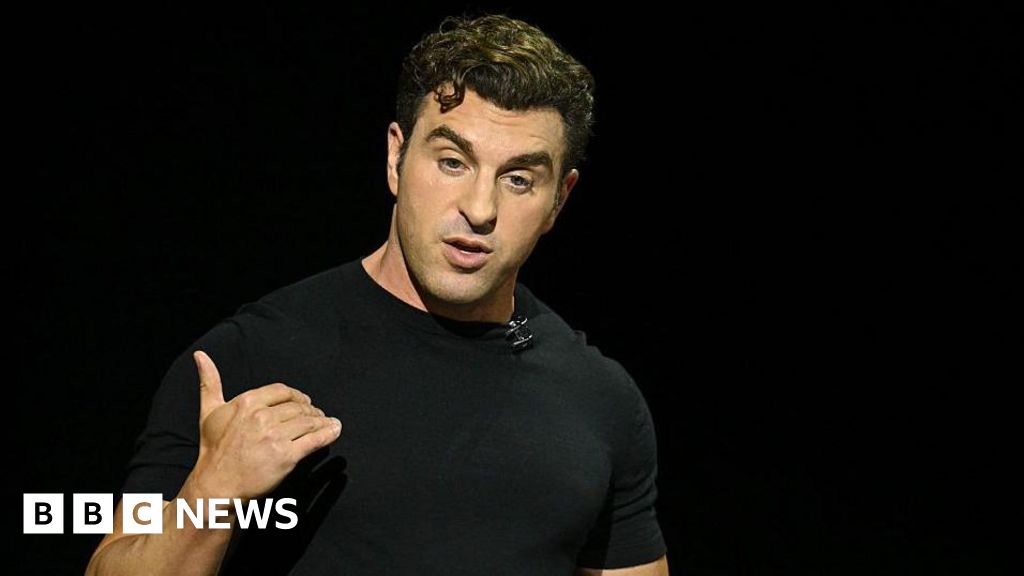UK chancellor Rachel Reeves has said the pursuit of growth “trumps” the government’s net zero commitments, as she prepares to signal her support for airport expansion in the London region, including at Heathrow.
Speaking at the World Economic Forum in Davos, the chancellor called growth the UK government’s “number one mission”.
Asked what she would do if faced with a choice between economic growth and the UK’s 2050 net zero target, Reeves said: “If it’s the number one mission, it’s obviously the most important thing.”
Her comments come as the government weighs up backing expansion plans for Luton and Gatwick airports, as well as deciding whether to signal its approval for a controversial third runway at Heathrow.
The possibility of Heathrow’s expansion threatens to split the cabinet, and will force the government to choose between its stated aims of backing growth and reducing the UK’s carbon emissions.
The chancellor on Wednesday said the government had already signed off the expansion of City and Stansted airports, which also serve the UK capital, signalling “the commitment of this government to make Britain an important trading nation”.
Speaking earlier at an event in Davos, Reeves said: “When we say that growth is the number one mission of this government, we mean it. That means it trumps other things.”
She is expected to signal in a speech next week that the government favours the expansion of Gatwick and Luton airports, whilst reaffirming her support for a third runway at Heathrow.
Heathrow’s expansion was previously opposed by Prime Minister Sir Keir Starmer and several senior Labour figures.
Some Whitehall officials believe Reeves is attempting to bounce Starmer into publicly endorsing a third runway. “That’s not my assessment,” said one ally of the prime minister.
Starmer, asked about the issue in the House of Commons on Wednesday, refused to comment on “speculation”, adding: “We as a government are committed to growth. We’re committed to the aviation sector and to our climate obligations.”
Reeves’ support for Heathrow’s third runway could be the political signal the airport’s management needs before deciding whether to push ahead with proposals this year — it has been reluctant to revive the scheme without clear political backing.
The chief executive of British Airways’ owner said on Wednesday it would not back Heathrow expansion unless the government changed how landing charges were set.
Luis Gallego, CEO of International Airlines Group, said Heathrow’s regulatory model was “not fit for purpose”, as he pointed to the high landing charges the UK’s only hub airport levies on its airlines.
“The government has a growth agenda and we support that . . . but before we talk about Heathrow expansion or redevelopment the situation at Heathrow needs to change,” he told an industry event.
The UK aviation regulator last year forced Heathrow to slightly lower these charges, to £23.73 per passenger for 2025, but both sides were left dissatisfied.
BA is by far the largest airline at Heathrow thanks to its historic rights to more than 50 per cent of the airport’s landing slots. This has allowed the airline to build a highly profitable business, particularly on transatlantic flying. Analysts believe that any major expansion of Heathrow could hurt BA if its rivals gain more slots at the airport.
Reeves said on Wednesday that any approval of the Heathrow scheme would “have collective cabinet agreement”.
In the last House of Commons vote on a third runway at Heathrow in 2018, seven members of the current cabinet voted against it, including Starmer. The others were Ed Miliband, Steve Reed, Lisa Nandy, Darren Jones, Anneliese Dodds and Hilary Benn.
Miliband, who is now climate change secretary, threatened to resign over the issue during Gordon Brown’s government, while London mayor Sir Sadiq Khan is still opposed.
A spokesperson for Khan this week said: “The mayor has a long-standing opposition to airport expansion around London — linked to the negative impact on air quality, noise and London’s ability to reach net zero by 2030.”
Critics argue that expansion is incompatible with the UK’s legally binding target to reach net zero carbon emissions, given that aviation is one of the most difficult industries to decarbonise — despite growing hopes for using “sustainable aviation fuel”.
Downing Street said this week that it still required a third runway at Heathrow to meet its four tests on carbon emissions, noise, air quality and growth. The issues of local noise and air pollution are considered by experts to be the hardest to meet on the congested west London site.
Meanwhile Reeves, who spent Wednesday meeting bankers and investors in Davos, repeated her backing for aggressive deregulation and the need to clear the way for more building.
“There is always a reason not to invest, not to build,” she said. “There are bats and newts. It might add something to carbon emissions in 20 years’ time.”
Reeves has been attempting to reassure businesses that the UK has a clear growth plan following a damaging sell-off in government bonds this month.
She also promised to examine routes for high-skilled workers to come to the UK as the country attempts to attract talented individuals in sectors such as AI and life sciences.
The government is also drawing up a planning and infrastructure bill designed to speed up projects by making it harder for protesters to secure multiple judicial reviews on the same case.
The legislation will create a new “nature restoration fund” enabling developers to meet environmental obligations more quickly to accelerate home-building, and will include measures to accelerate the sign-off on projects under the Nationally Significant Infrastructure Projects regime by cutting paperwork.
Credit: Source link











